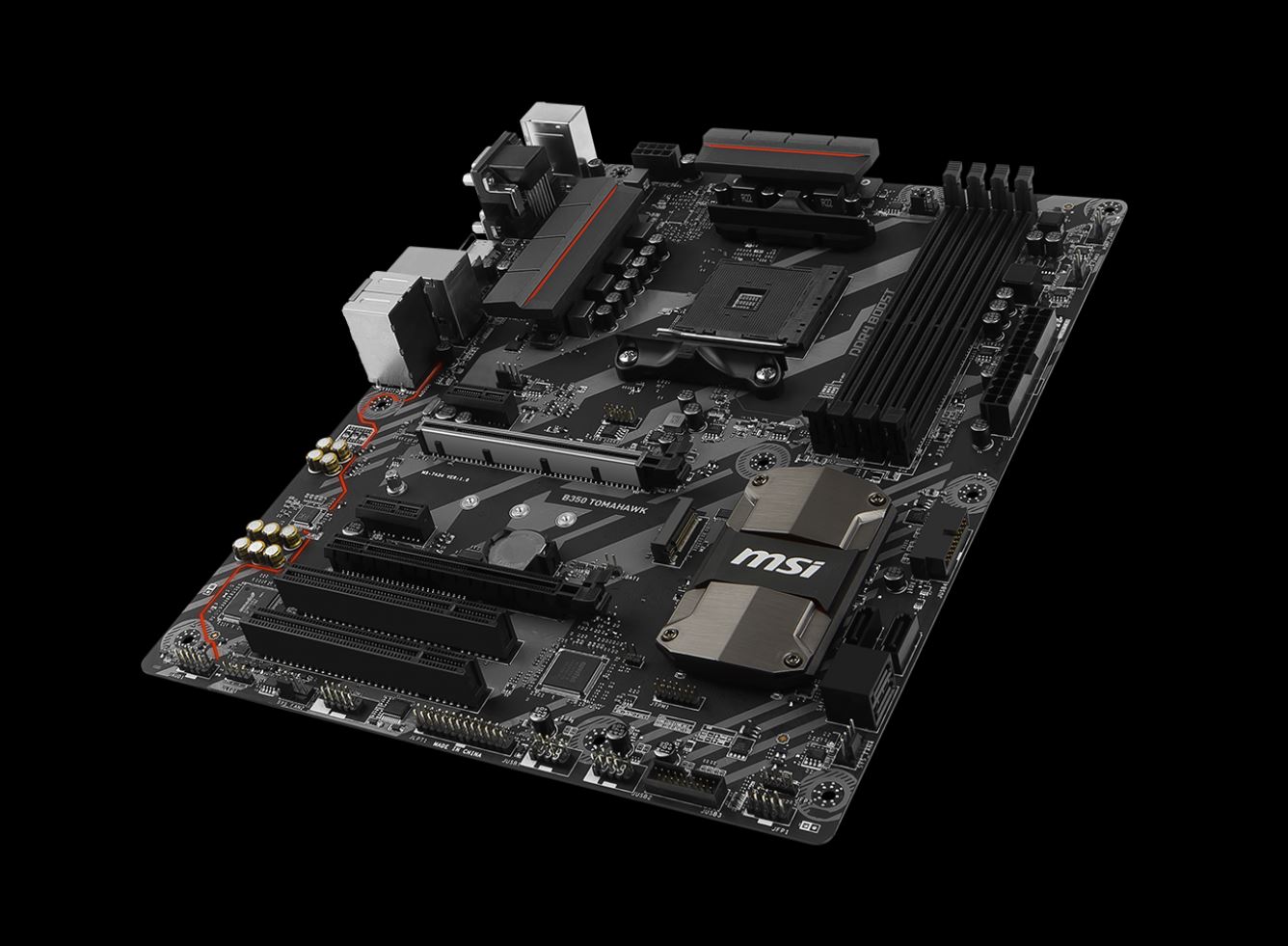MSI Confirms Ryzen 3000 Support With Existing AM4 Motherboards
It should come as no surprise that MSI intends to support AMD's upcoming Ryzen 3000-series processors with its existing AM4 motherboards. Backward compatibility for AM4 motherboards until 2020 is a big selling point, but recent reports surfaced claiming the motherboard vendor wouldn't support the new chips. MSI responded by issuing a press release today clarifying that it intends to support the pending Ryzen 3000 models on as many previous-gen AM4 platforms as possible.
The misunderstanding stemmed from a comment made by an MSI service representative to a customer in regards to support for the chips with the X370 Xpower Gaming Titanium motherboard, which was then shared to reddit. Several media outlets picked the news up in short order, but MSI says the representative misinformed the customer.
At this point, we are still performing extensive testing on our existing lineup of 300- and 400-series AM4 motherboards to verify potential compatibility for the next-gen AMD Ryzen CPUs. To be clear: Our intention is to offer maximum compatibility for as many MSI products as possible. Towards the launch of the next-gen AMD CPUs, we will release a compatibility list of MSI AM4 motherboards.
AMD also released a list of upcoming BIOS versions that will support AMD's next-gen APUs, all based on Combo Pi version 1.0.0.0. MSI's list of 46 motherboards, which you can see here, doesn't encompass the company's entire range of 300- and 400-series AM4 motherboards, but that is due to ongoing compatibility testing.
Much of the speculation about MSI's support stemmed from a report that the next-gen Ryzen processors would have higher system power requirements that current-gen 300- and 400-series motherboards couldn't satisfy. AMD's next-gen processors come with the 7nm process that, compared to the 14nm Ryzen processors, the company claims halves the power consumption for any given operation, and AMD has only directly confirmed that eight-core models are coming to market. That means those chips, even with the addition of the 14nm I/O die, will sip power compared to the current-gen eight-core models. Therefore, most motherboards should be able to deliver enough power for the chips.
Though unconfirmed, AMD is widely expected to release Ryzen 3000-series models with up to 16 cores that will drop into AM4 motherboards (largely due to comments from AMD CEO Lisa Su that higher core count models are possible). Those chips could present some power delivery problems for lower-end AM4 motherboards, but we'll have to wait for more details from AMD and motherboard vendors when (and if) those chips come to market.
Get Tom's Hardware's best news and in-depth reviews, straight to your inbox.

Paul Alcorn is the Editor-in-Chief for Tom's Hardware US. He also writes news and reviews on CPUs, storage, and enterprise hardware.
-
Barty1884 You mean the "scandal" caused by one random redditor & an ill-informed customer service rep? 😲Reply
Shock. :ROFLMAO: -
Myrmidonas I did not buy it in the first place (the MSI scandal). It was information about products of one ventor and it was not confirmed by multiple other vendors with similar products.Reply -
drea.drechsler ReplyMyrmidonas said:I did not buy it in the first place (the MSI scandal). It was information about products of one ventor and it was not confirmed by multiple other vendors with similar products.
It also seemed very unlikely to me that MSI would give a low-level tech support rep sufficient insight into their product strategies as to enable him to make such a statement knowledgeably.
